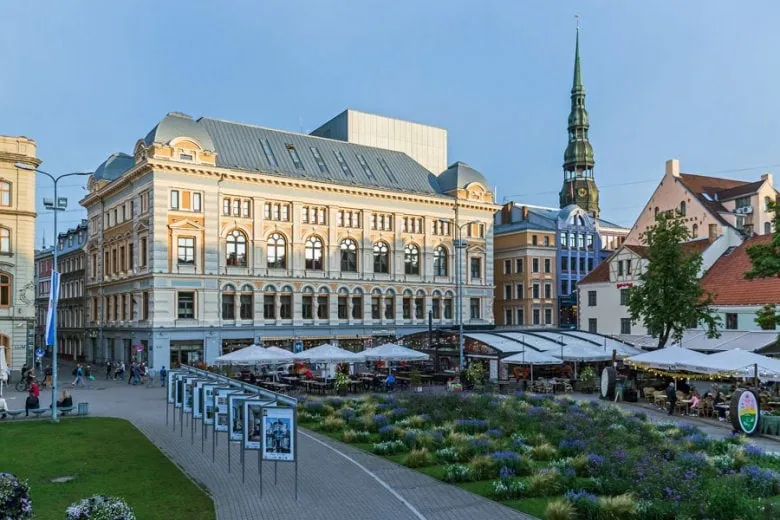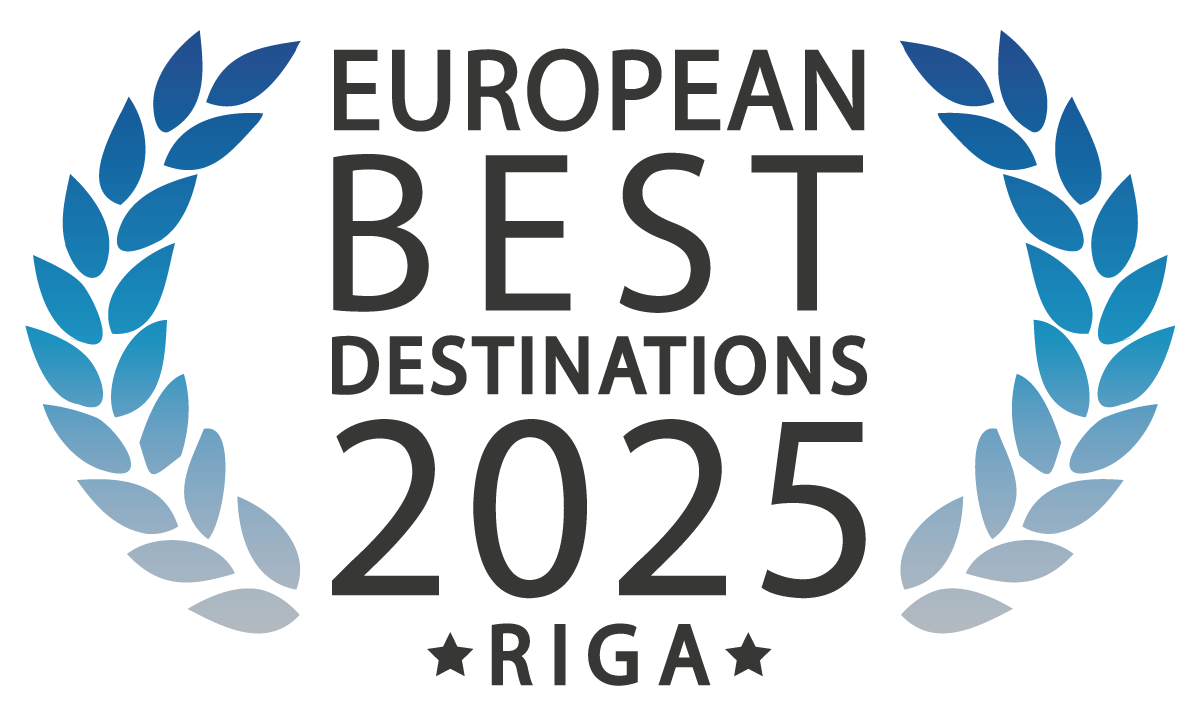
Mikhail Chekhov Riga Russian Theatre is the oldest still functioning professional theatre in Latvia and the oldest Russian professional theatre outside Russia. It was founded in 1883. Located in the heart of Old Riga, it enjoys popularity with both locals and tourists, while also being considered one of the sightseeing gems and presented in various city guides. The Theatre was fully reconstructed in 2010, and today, it is one of the best-equipped theatrical venues in the Baltic region.
The Theatre keeps up the traditions of the Russian theatre as a system. It also engages staging directors, set and costume designers from many countries (Estonia, Lithuania, Germany, Sweden, Italy, Israel and so on). The Latvian creative human resources are most actively involved, too.
As a cultural institution, the Theatre is a state limited liability company, supervised by the Ministry of Culture of the Republic of Latvia, and receives donations from the State budget.
In September 2006, the Theatre regained its historical name and also got the right to bear the name of Mikhail Chekhov, in honour of the outstanding actor, staging director, and pedagogue, who from 1932 to 1934 worked in Riga and opened a theatre school there. Later, Chekhov moved to the United States, where he started working with Hollywood stars. Chekhov’s method is still alive and appreciated both in Hollywood and Europe.
Being a repertory theatre with a permanent troupe of actors, the Theatre regularly arranges the opportunity to educate a new generation of performers. In 2018 the Theatre also opened a studio for children and teenagers.
The Chekhov Theatre is proud to be well-liked by audiences both in Latvia and abroad. Its repertory covers Russian, Latvian and world classics as well as contemporary playwrights’ works. Performances of all genres, including children's and musical productions, are held both on big and small stages; surtitles in Latvian and English are provided for the performances on the main stage. The Theatre goes on tours regularly and is quite successful on the festivals’ arena.
The Theatre harmoniously lives in the cross-cultural space, participating in the cultural dialogue both nationally and internationally, as well as implementing plans for future development on all the levels.
Why visit
If you enjoy theatre that blends tradition with innovation, the Mikhail Chekhov Riga Russian Theatre is a must-visit venue. It stages a wide variety of works, from classic Russian drama to contemporary plays, with surtitles in Latvian and English on its main stage, making performances accessible to a wide audience. The theatre has a respected resident troupe, high production values, and strong participation from both local and international artists.
Historical highlight
Founded in 1883, this is the oldest professional Russian-language theatre operating outside of Russia. Over its long history, it has weathered regime changes, censorship, and war, yet remained a pillar of Russian-language arts in Latvia. In 2006, it adopted the name of Mikhail Chekhov in honour of the actor and teacher who worked in Riga.
How to get there
You’ll find the theatre in Riga’s Old Town on Kaļķu iela. It’s close to many well-known landmarks, so if you're exploring central Riga, it’s easy to access it on foot. Public transport also serves the area well: several buses and trams stop nearby.
